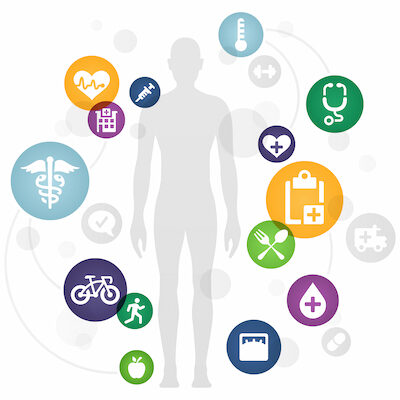Table of Contents
- Computers in Preclinical development
- Computers in Preclinical Development
- Chromatography Data Systems (CDS)
- Laboratory Information Management Systems (LIMS)
- Text Information Management Systems (TIMS)
- You may be interested in…
- Introduction to Clinical Research
- Ethics in Clinical Research
- Diploma in Clinical Research
Computers in Preclinical development
Computers in preclinical development has become an integral part of pharmaceutical research and development. Computers have found their importance as data management and data analysis tools in Pharmaceutical R&D.
Pre-clinical development involves the testing of a prospective drug on animals to determine its safety and dose that can be used in humans. After this initial study on animals, an Investigation New Drug (IND) application needs to be filed with the regulatory authorities. An IND application may require as much as 50,000 pages of supporting documentation. The data for every single data point has to be collected, managed, analyzed, reported, audited and finally archived as per the prevailing regulatory laws.
The use of computers has led to efficiently completing the above steps for the data collected hence increasing efficiency and productivity of development. The three computer based systems used to manage majority of the data in the pre-clinical development stage include the CDS (Chromatographic data systems), LIMS (Laboratory Information Management Systems) and TIMS (Text Information Management Systems).There are several vendors available for these each of these systems.
Computers in Preclinical Development
There has been a strong impact of regulations, specifically those that pertain to electronic document management and electronic signatures, 21 CFR Part 11 published by the FDA (Food and Drug Administration). This has led to putting a check on the usage of computers to aid pharmaceutical research and development.
Some of the key features are as follows:
- Computer systems must be validated to ensure consistency of intended purpose, accuracy and reliability.
- Computer systems must provide time based Audit Trial to record actions for creating, modifying or deleting records.
- Access to computer systems used for research must be limited to authorize personnel only.
- Computer systems should have the capability to be configured specific to each user.
Part 11 is a regulatory requirement which has not been enforced by the FDA however this has impacted the CDS, LIMS and TIMS with respect to their design and security capabilities.
Chromatography Data Systems (CDS)
The CDS is used for automating pharmaceutical analysis, mostly those that pertain to chromatographic data generated from various test like HPLC (High performance liquid chromatography), GC (Gas Chromatography), IC (Ion exchange chromatography), CE (capillary Electrophoresis and SFC (Super critical fluid chromatography). So far the CDS has been helping in providing accurate and reliable data. However, recently the regulatory filings have moved from being data-based to information-based. Thus there is scope of improvement for this technology to lay more emphasis on data analysis and signal detection.
Laboratory Information Management Systems (LIMS)
The LIMS provides data management capability for all non chromatographic data that cannot be handled by the CDS. Another important function of LIMS is automation of stability studies including sample tracking, distribution, work assignment, result capturing, data processing, review, approval, report generation and data archiving, retrieving and sharing.
Text Information Management Systems (TIMS)
The TIMS is not used as widely as the LIMS, however, it helps improve efficiency in managing business-critical text documents. However the process of manually writing, reviewing, auditing and publishing text documents is time consuming which is why the industry is working towards the method of electronic submissions. The truth is that we are still not there, and electronic submissions may still take a while to be a reality.
This completes our discussion on Computers in Preclinical development. We hope you this has given you some insight in the importance of Computers in Preclinical development.
For a deep insight into the world of pharmaceutical research and development, subscribe to our Clinical Research Knowledgebase
Want a explore a career in Pharmaceutical Research and Development? Join our Diploma in Clinical Research program and kick-start a career in Clinical Research.




